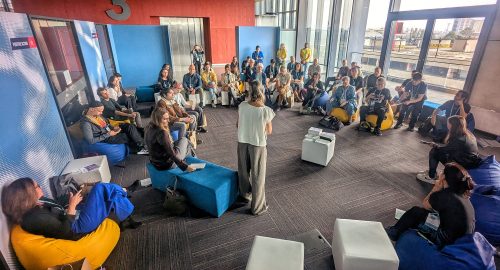9th May 2025
Transform recently returned from a inspiring and thought-provoking trip to Colombia, where we hosted two workshops focused on drug policy reform, social justice, and community.
The first took place at the Harm Reduction International Conference in Bogotá, where we led a participatory workshop titled "Cocaine Regulation: Social Justice, Peace, and the Path Forward." The second was held in Cali, in collaboration with local harm reduction service provider Corporación Viviendo, at the soon-to-open drug consumption space, which will be the second of its kind in South America. This workshop explored how to maximise storytelling to transform narratives about drugs and drug use and drive wider policy change.
Across both cities, we were joined by an incredibly diverse group of participants: researchers, community organisers, people who use drugs, frontline workers, policy makers and activists. The conversations were bold, open, and energising, with a shared willingness to reimagine what a post-prohibition future could look like across different countries - even for those engaging is the debate for the first time.
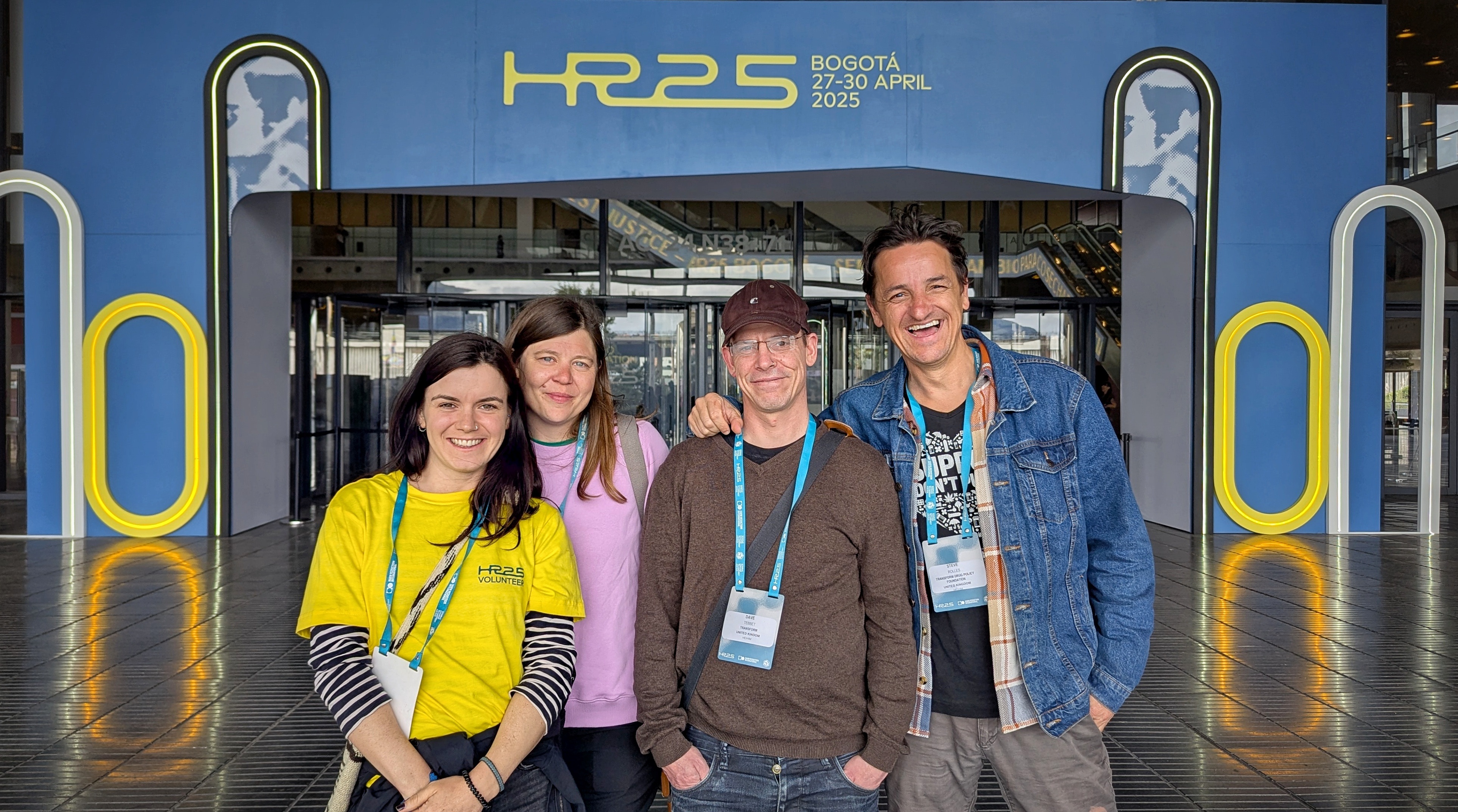
We’re now working on a report that will integrate the insights from these conversations to strengthen Transform’s model for cocaine regulation. In the meantime, here are five key takeaways from these dialogues:
1. There’s real appetite for legalisation / regulation
Participants welcomed the chance to think beyond prohibition, enforcement, and punishment and to seriously consider what legal regulation of cocaine could look like in practice.
Speculative exercises to creatively reimagine possible future scenarios are often missing from academic and policy spaces. At the Bogotá #HR25 workshop, we shared Transform’s proposals for cocaine regulation as well as updates on international developments - from Colombia’s groundbreaking 2021 Coca and Cocaine Regulation Bill, to more recent pilot initiatives being developed in the Netherlands and Switzerland.
The response was overwhelmingly positive - even where opinions on details differed. Many said it was one of the most engaging and hopeful events of the conference, inviting people to think critically, ask questions, express concerns and imagine a new future together that could address the failings of the drug war, and meaningfully attend to the needs of people who use drugs, and the wider community.
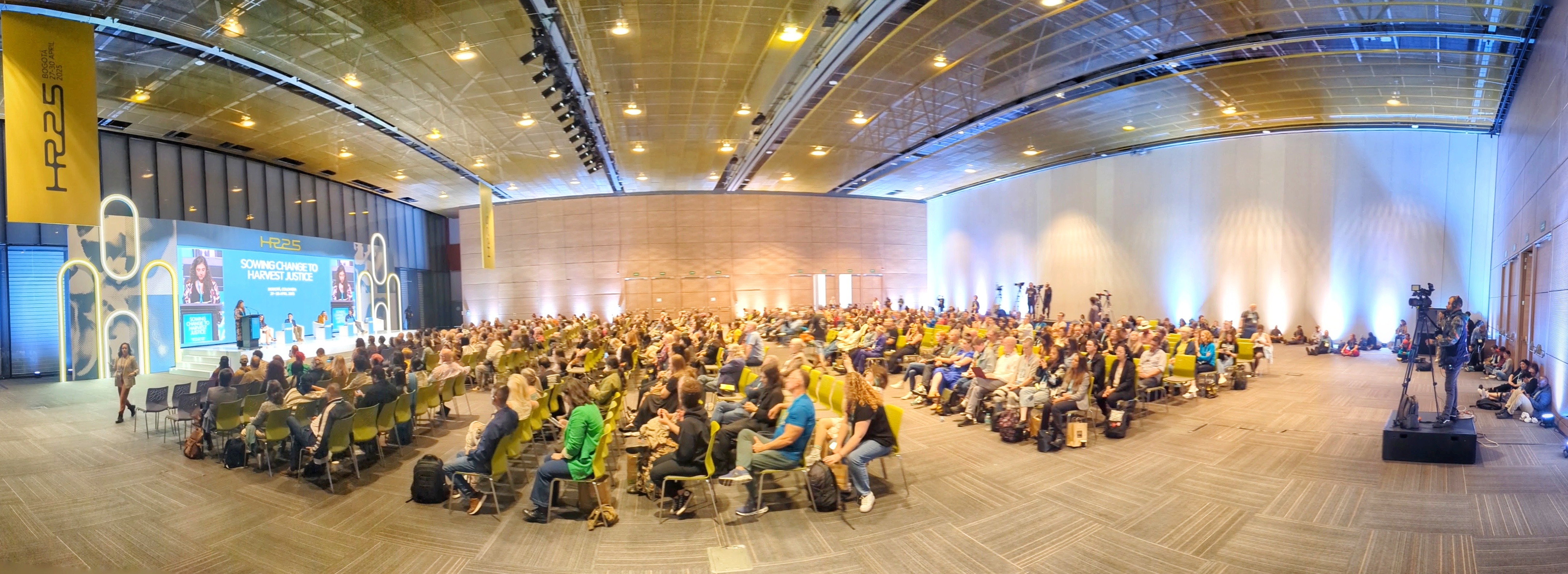
2. Centre Colombian expertise and lived experience
Too often, Colombia is narrowly framed in global drug policy debates as a site of drug production and violence. These workshops challenged that. They highlighted local expertise in harm reduction, peacebuilding, and human rights, the importance of creative community organising, and the need to listen to those directly impacted by prohibition.
Discussions about coca and cocaine production made one thing clear: legal regulation must promote social, racial and environmental justice. Initial proposals included:
Supporting traditional coca growers potentially through unionisation and minimum fair pricing.
Reinvesting a proportion of profits/taxes into communities disproportionately impacted by the drug war.
Involving people who grow, sell and use drugs in reform efforts, especially those working in precarious, informal economies. Many live in poverty and face high risks, yet are routinely excluded from policy conversations.
Guaranteeing prior, informed consultation with affected communities, respecting autonomy and local knowledge

IDPC members meeting at HR25. Photo: Steve Rolles
3. Drug policy is inseparable from Colombia’s armed conflict
In Colombia, you cannot talk about drugs and drug policy reform without also talking about decades of conflict involving the state, guerrilla groups, paramilitaries, and organised crime, who have been emboldened under the current prohibitionist system.
Participants repeatedly highlighted the security implications of legal regulation and stressed that drug policy must be developed through a peacebuilding lens. Yet, current peace processes have largely treated drug policy as a peripheral concern.
A post-prohibition future cannot be imposed by the Global North. It must be locally grounded, historically informed, and led by those who have lived through the consequences of the drug war.

4. Self-care and collective care are essential
In Cali, we heard clear recognition of the emotional toll that working in drug service provision can take, especially for frontline harm reduction workers working in challenging environments. Burnout, trauma, and exhaustion are common, but can easily be overlooked due to the everyday pressures of responding to people in extremely precarious situations.
There was a shared understanding that sustainable activism requires rest, reflection, and mutual support. While peer-support is critical, we also heard that becoming an activist in the fight for drug policy reform, including legal regulation, can itself be a form of healing, a way to turn pain into purpose, and reclaim hope that a better world is possible in which we can live peacefully, with the reality of drugs in our communities.
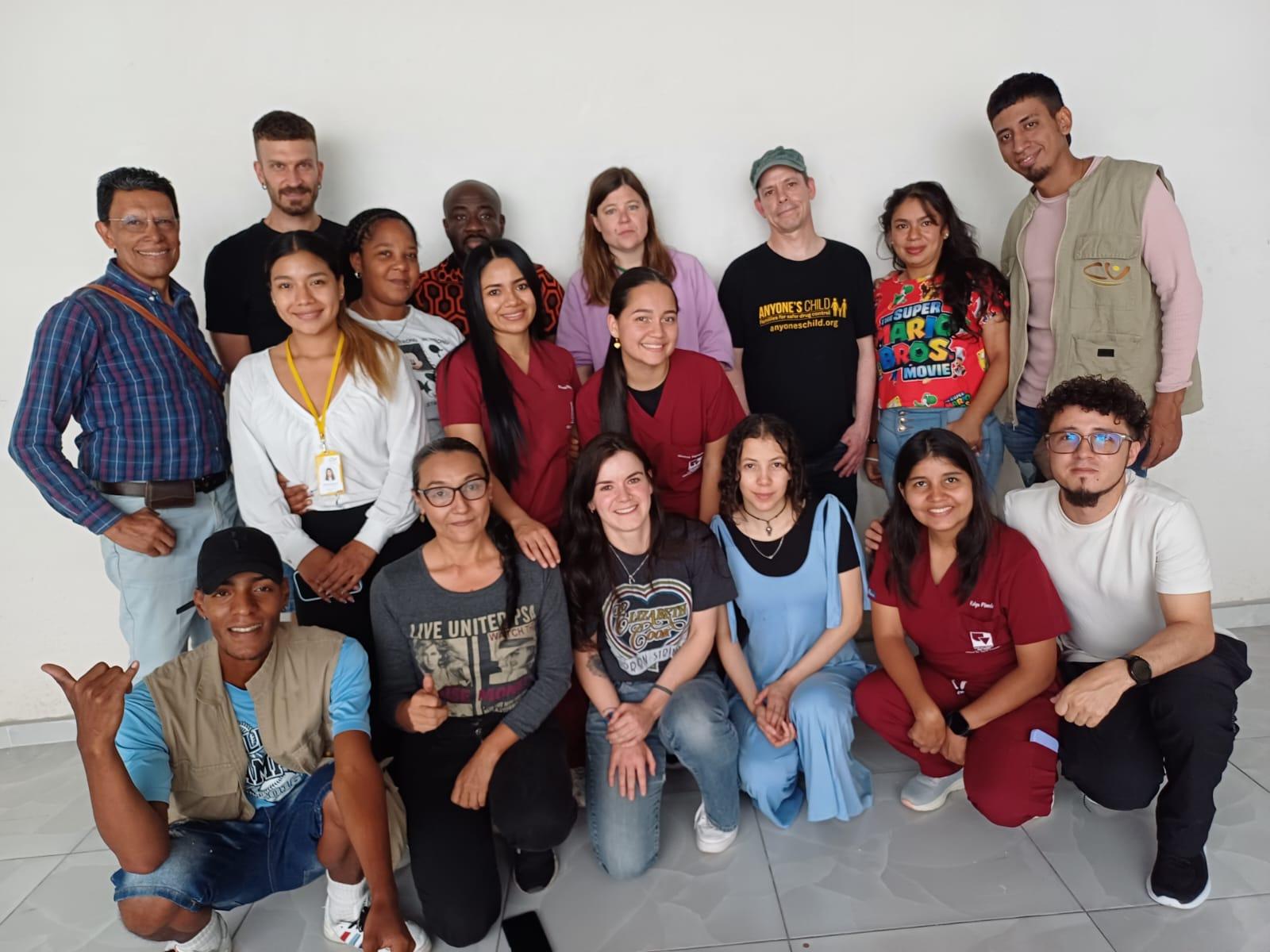
5. Human stories drive policy change
At the Harm Reduction conference, and in Cali, we heard how stigmatising narratives and misconceptions about people who use drugs in Colombia has contributed to violence, including extrajudicial killings.
If we want to influence policy, we must first transform how we talk about drugs. This means centering human stories that challenge these dehumanising and moralising discourses that reduce people to stereotypes and perpetuate cycles of harm.
People who use, grow, or sell drugs, their parents, workers, neighbours and caregivers must be heard. When we tell real stories of struggle, survival, injustice, dignity, hope and care, we create space for difficult but necessary conversations, even with decision-makers who are hesitant or opposed to reform.
We heard that change begins with empathy and understanding.
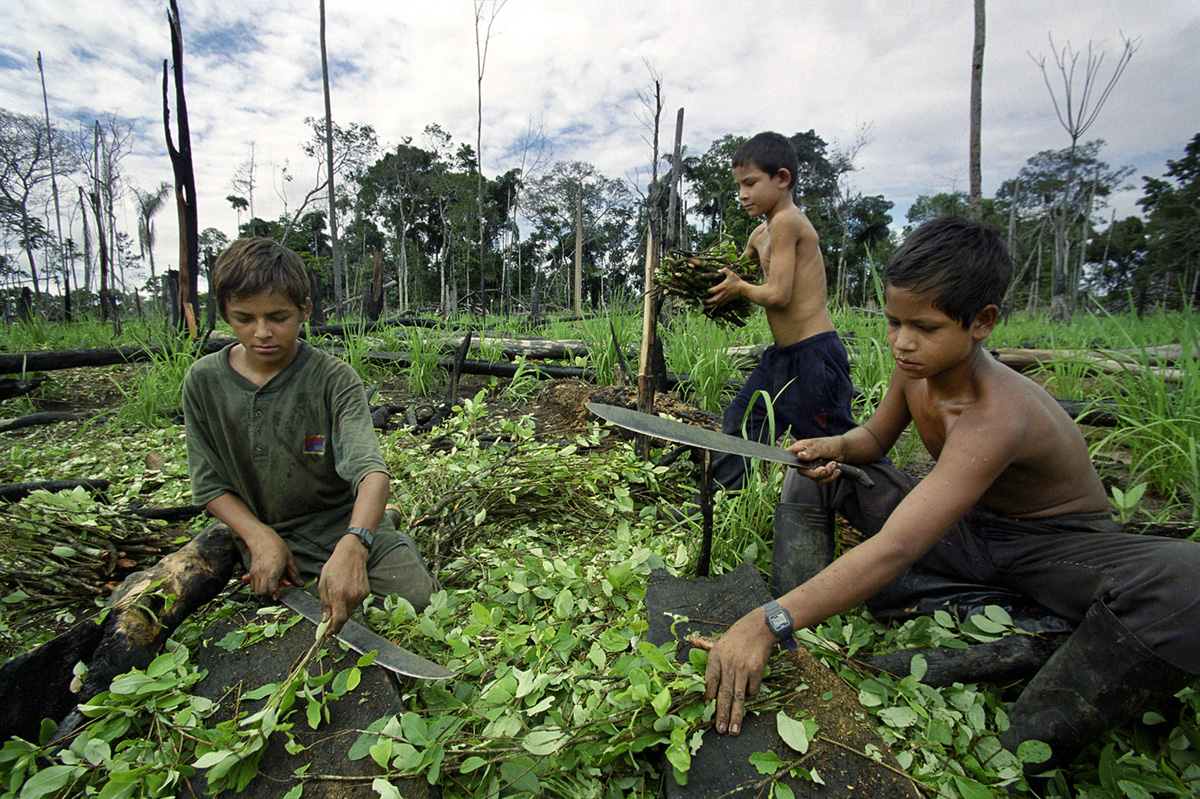
Looking ahead....
Colombia is at the heart of the global cocaine economy, and its people have borne the brunt of failed punitive drug policies. But they are also uniquely positioned to lead the way toward a more humane, effective, and just approach.
We are profoundly grateful to everyone who joined us in Bogotá and Cali. These workshops were just the beginning, and we are excited to keep building this conversation together

